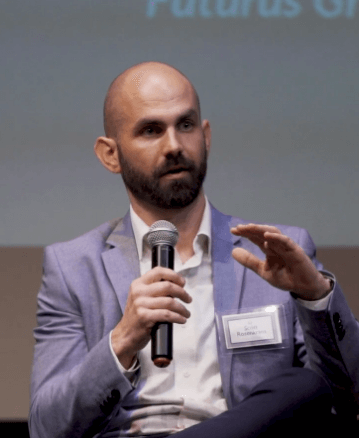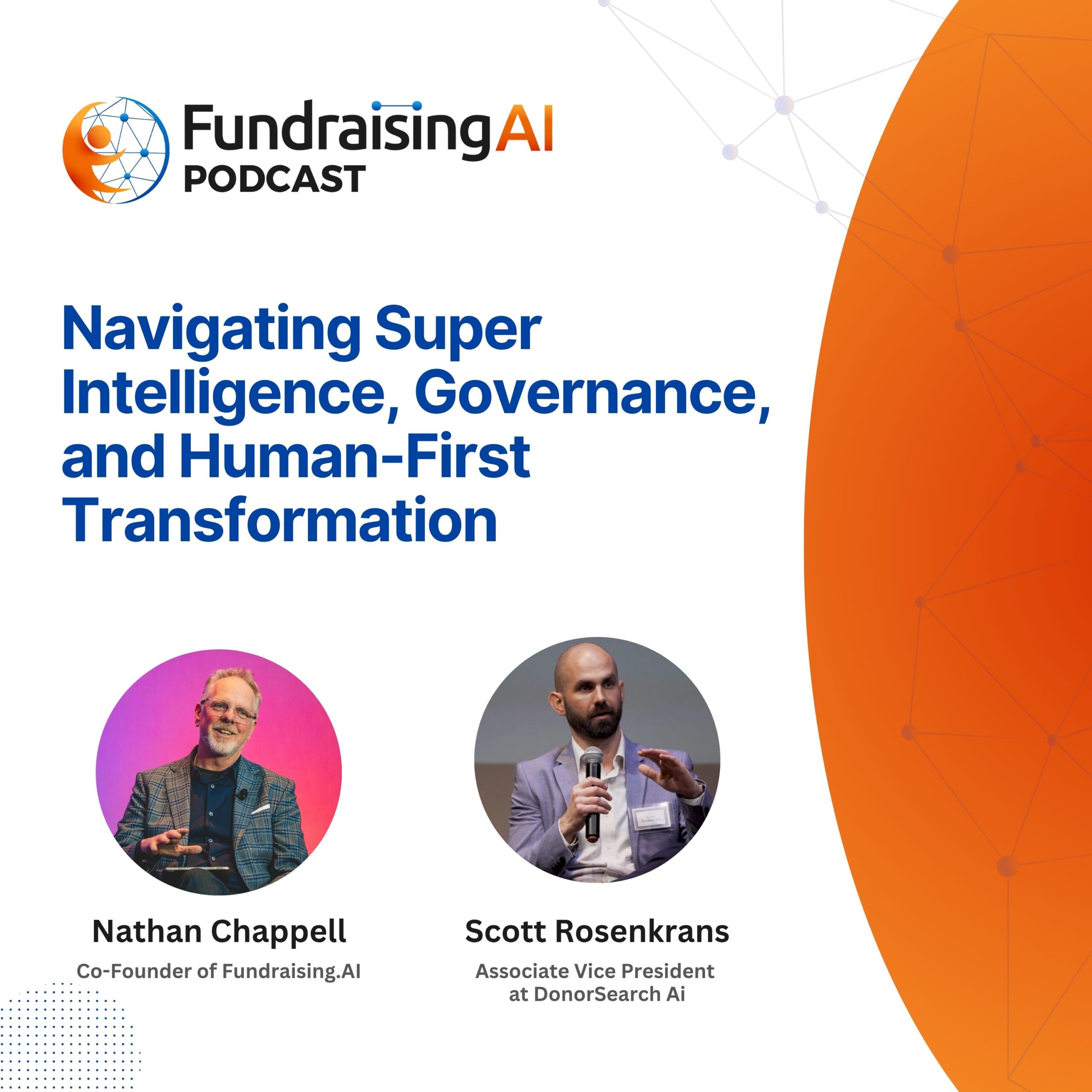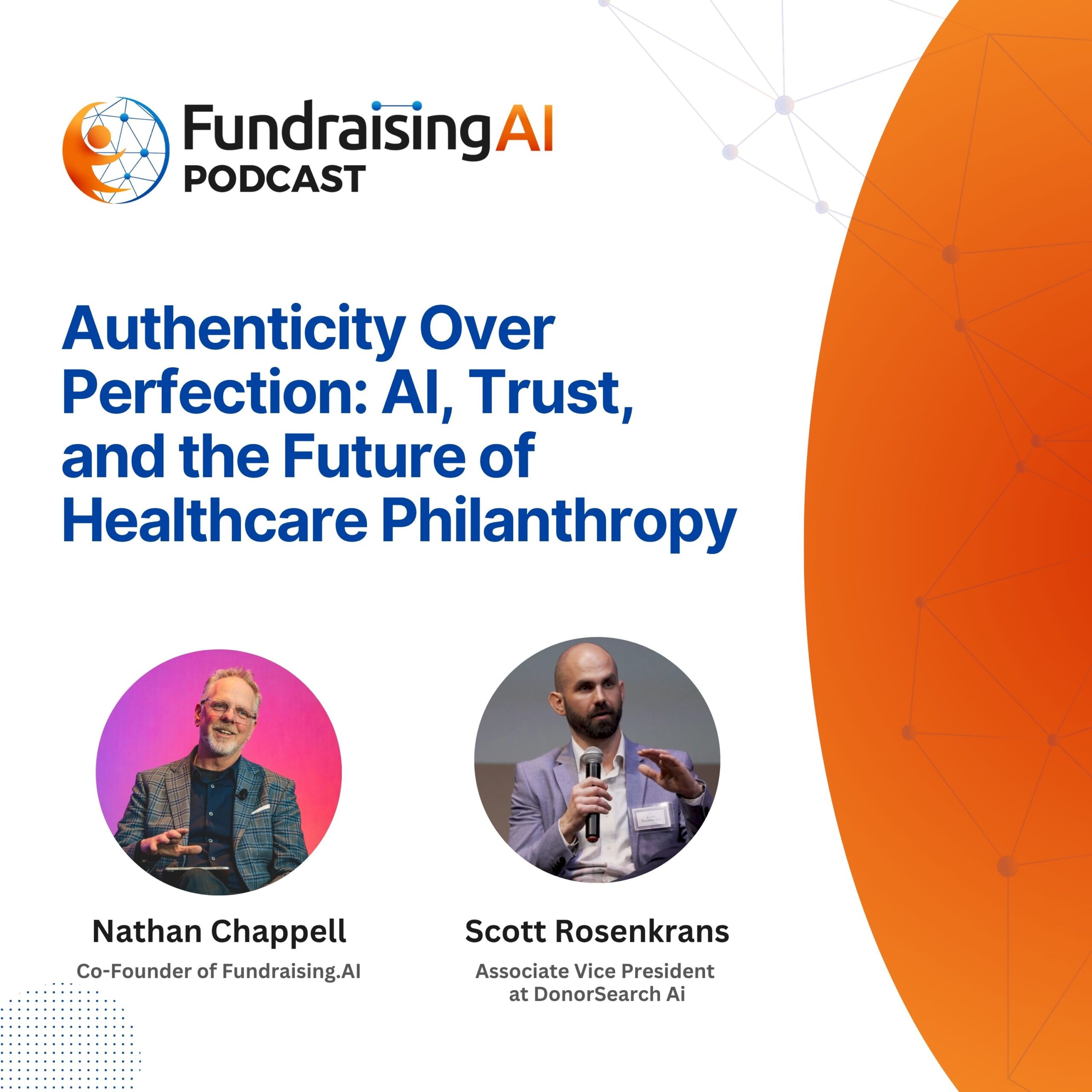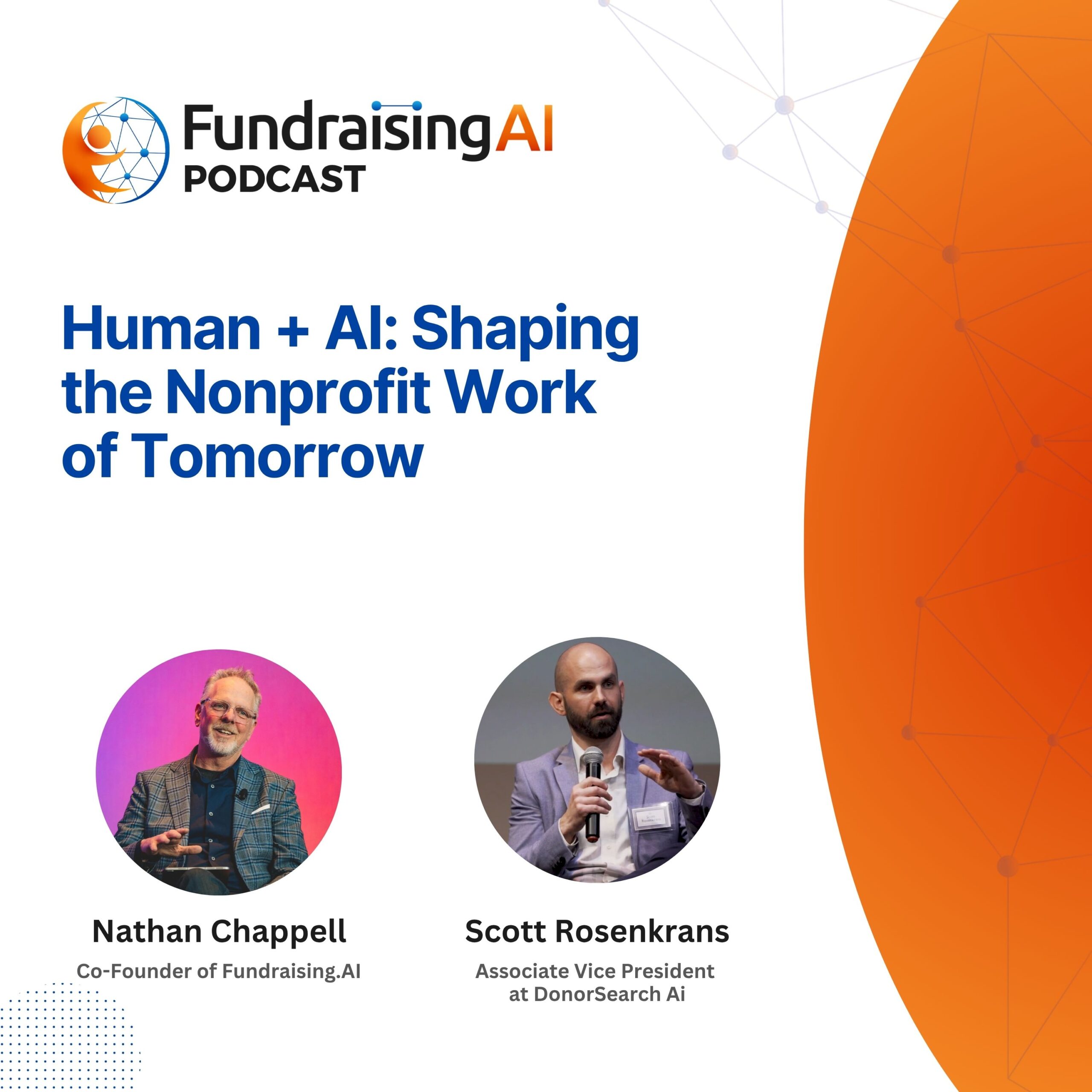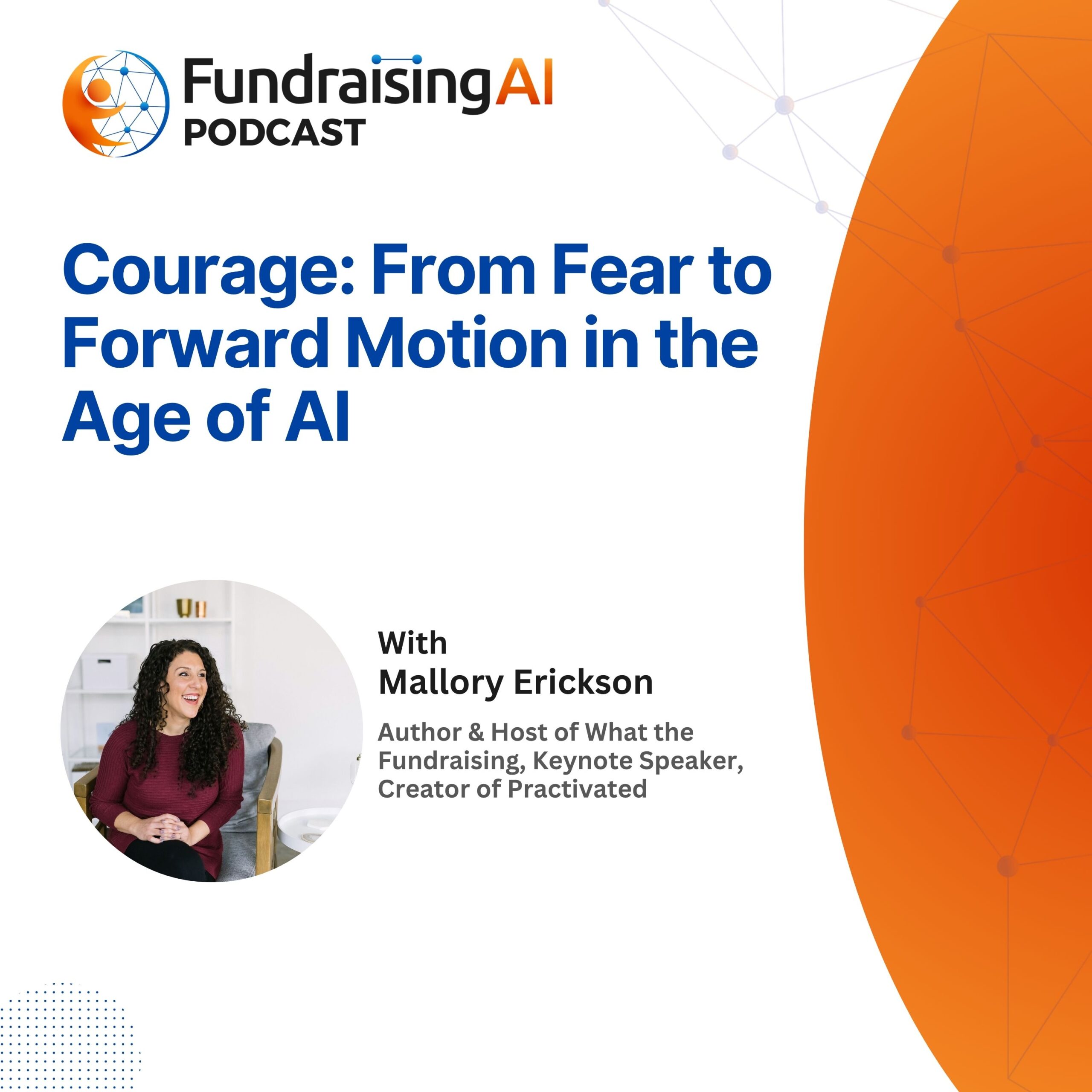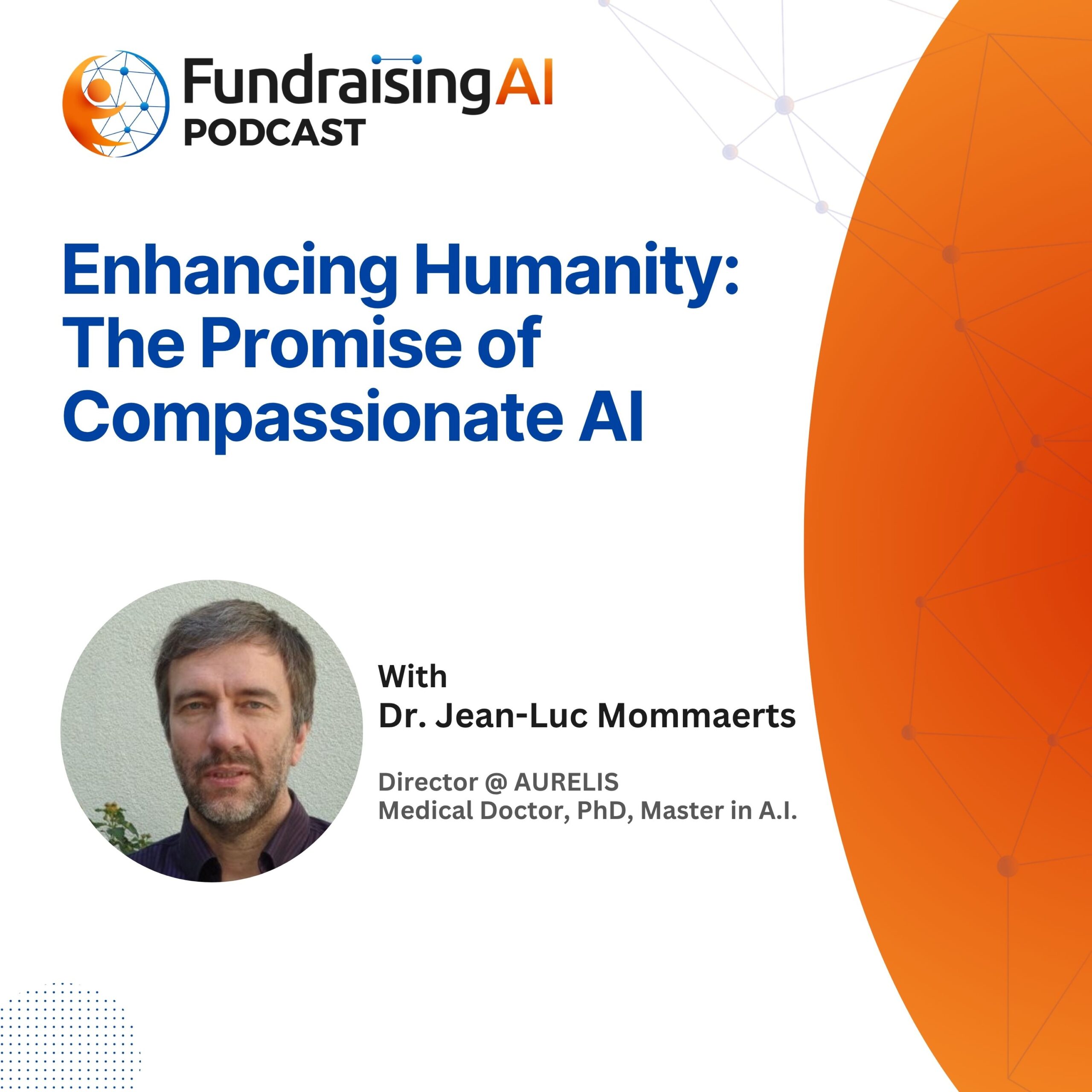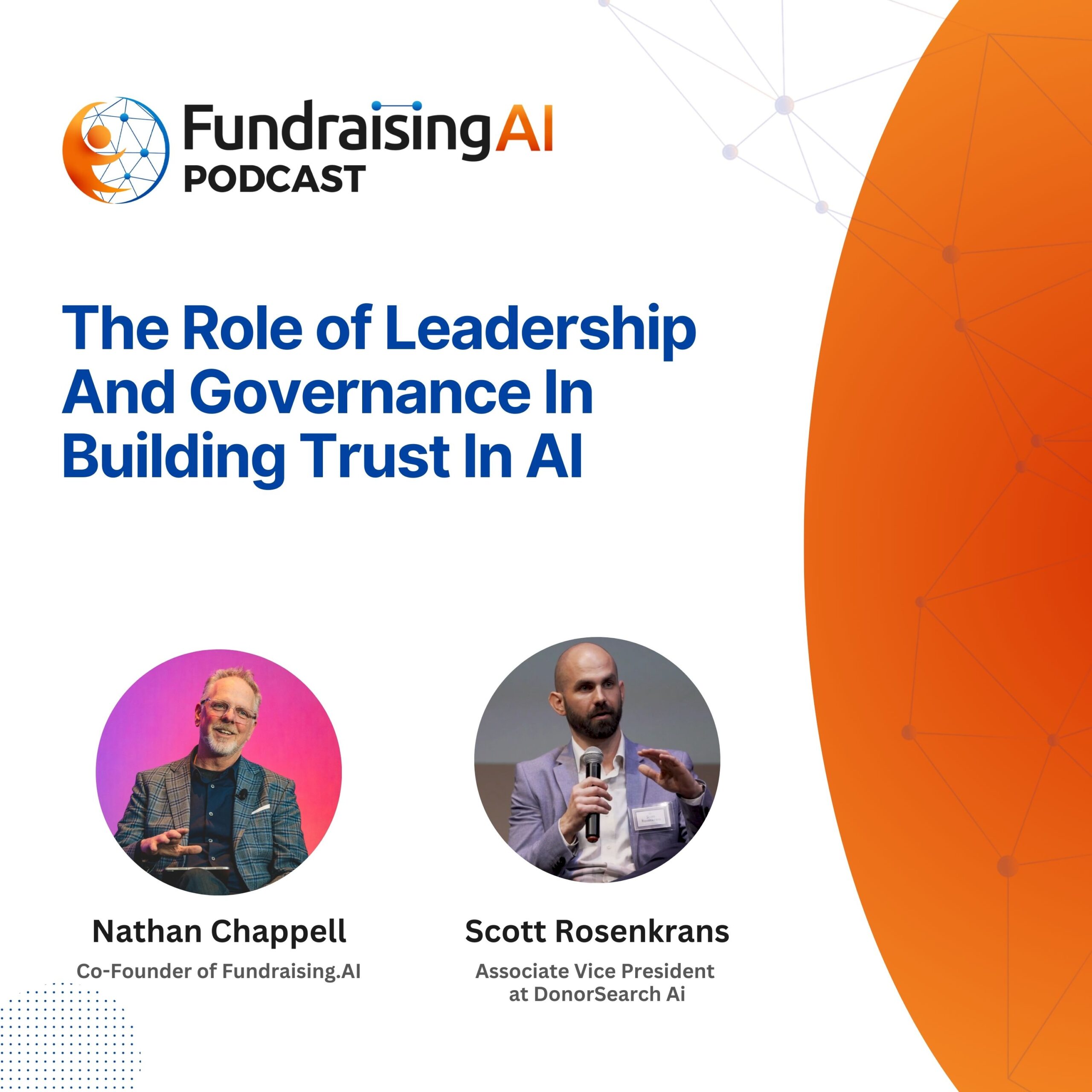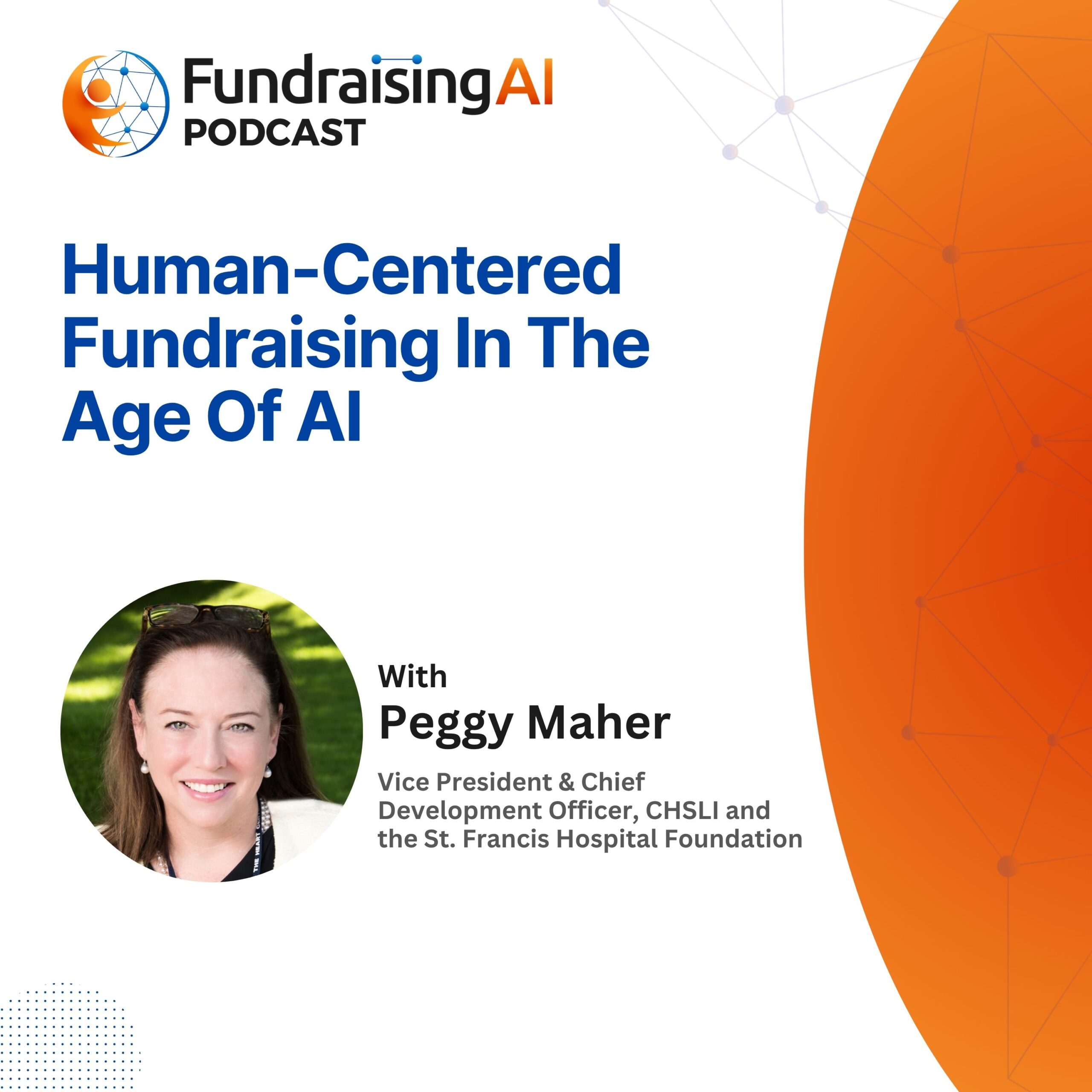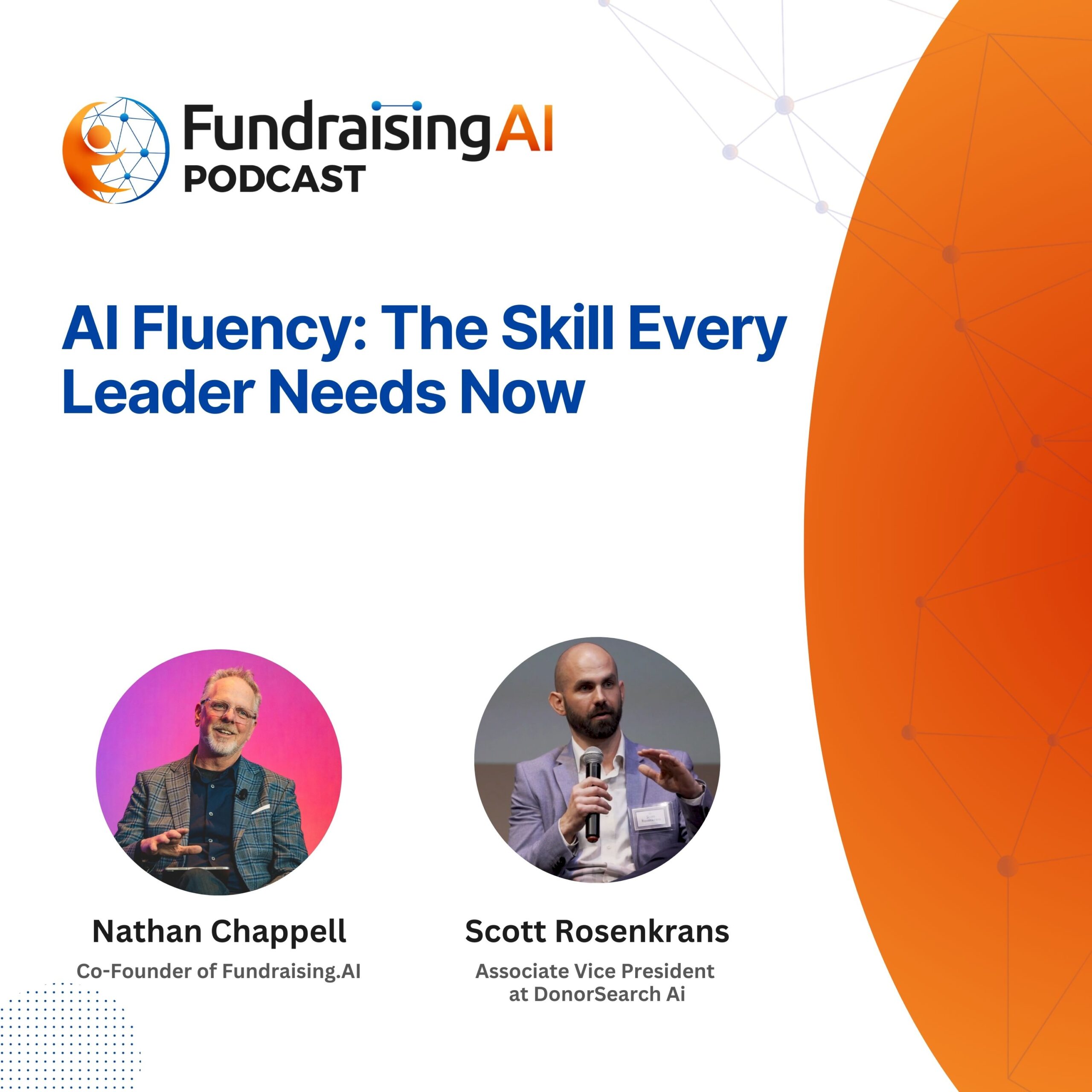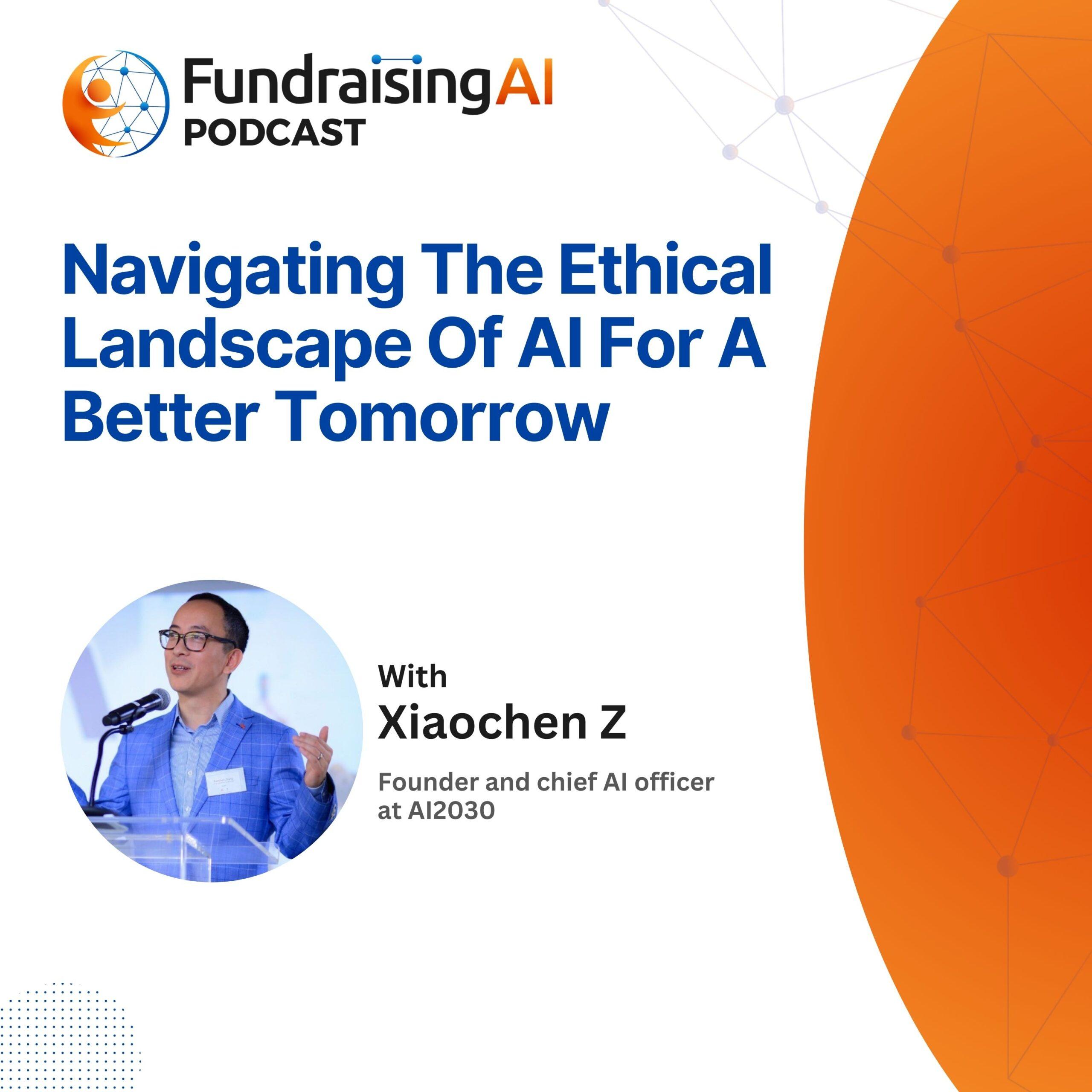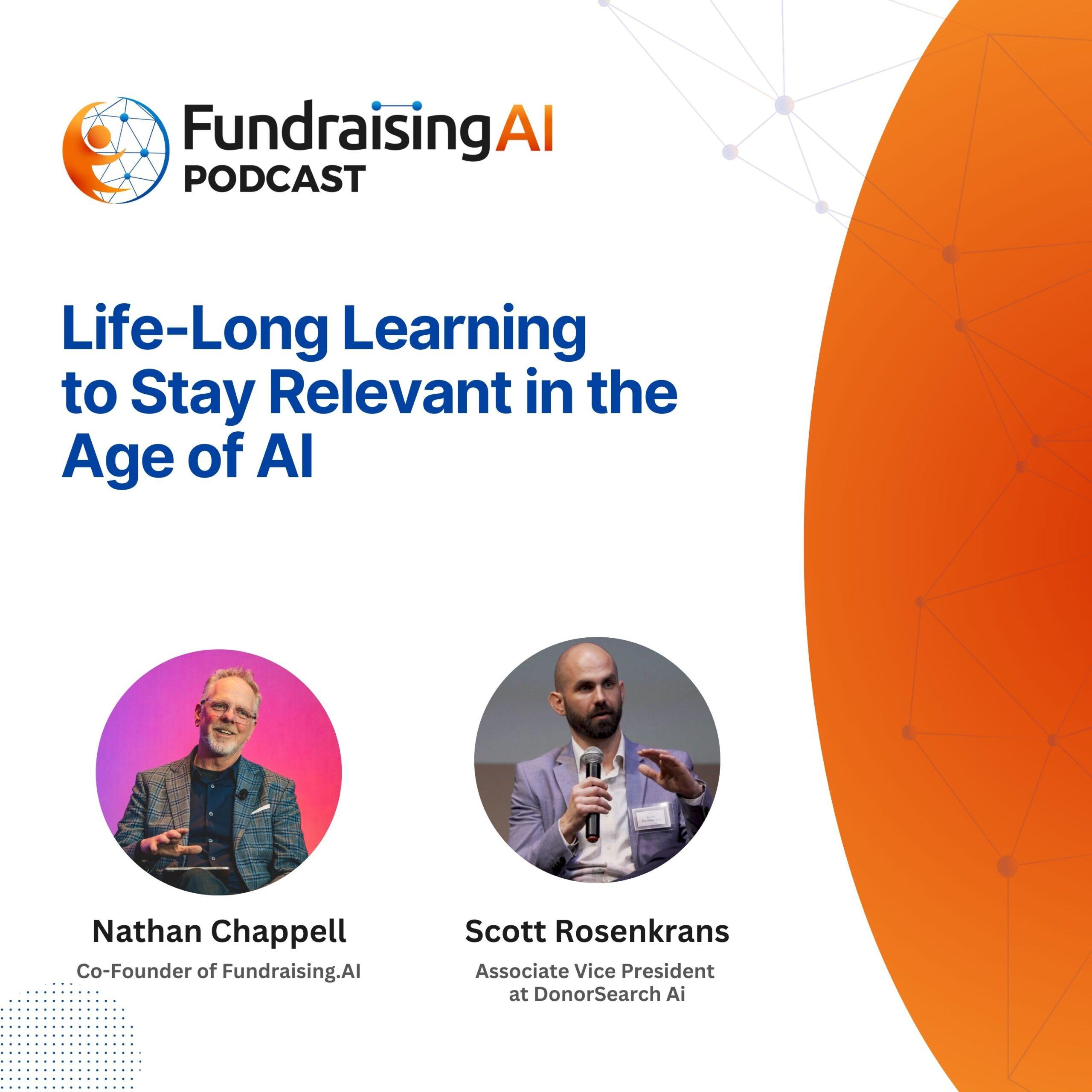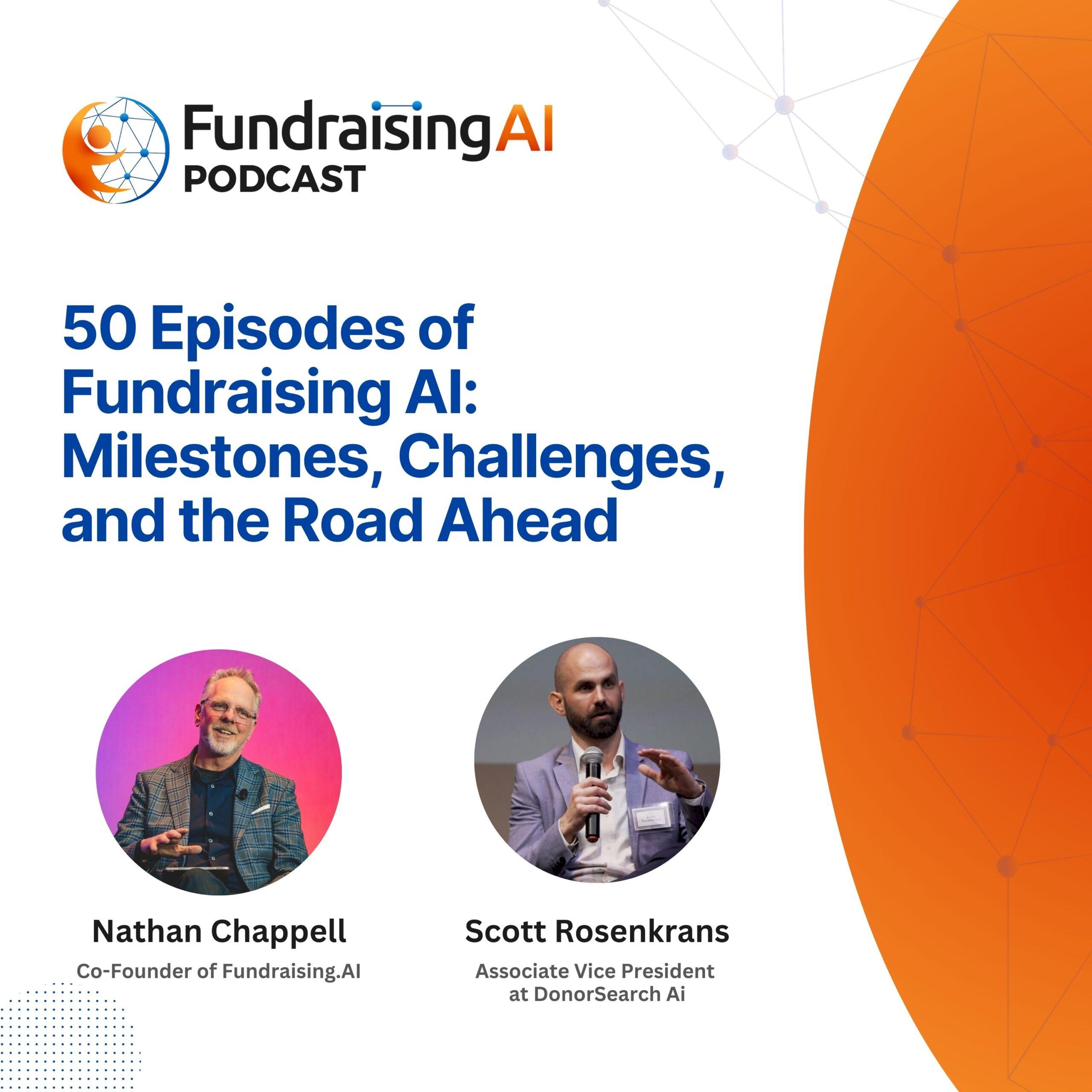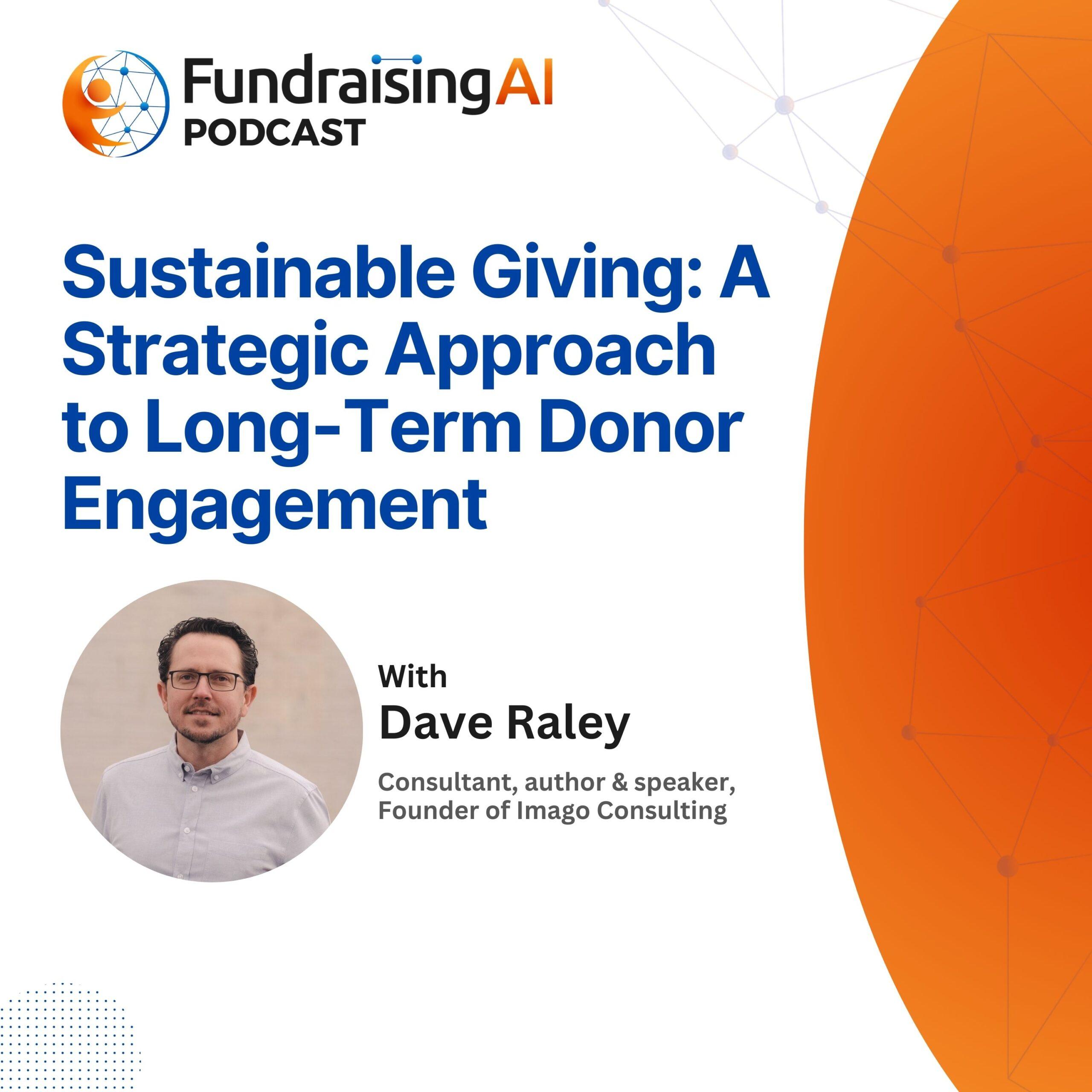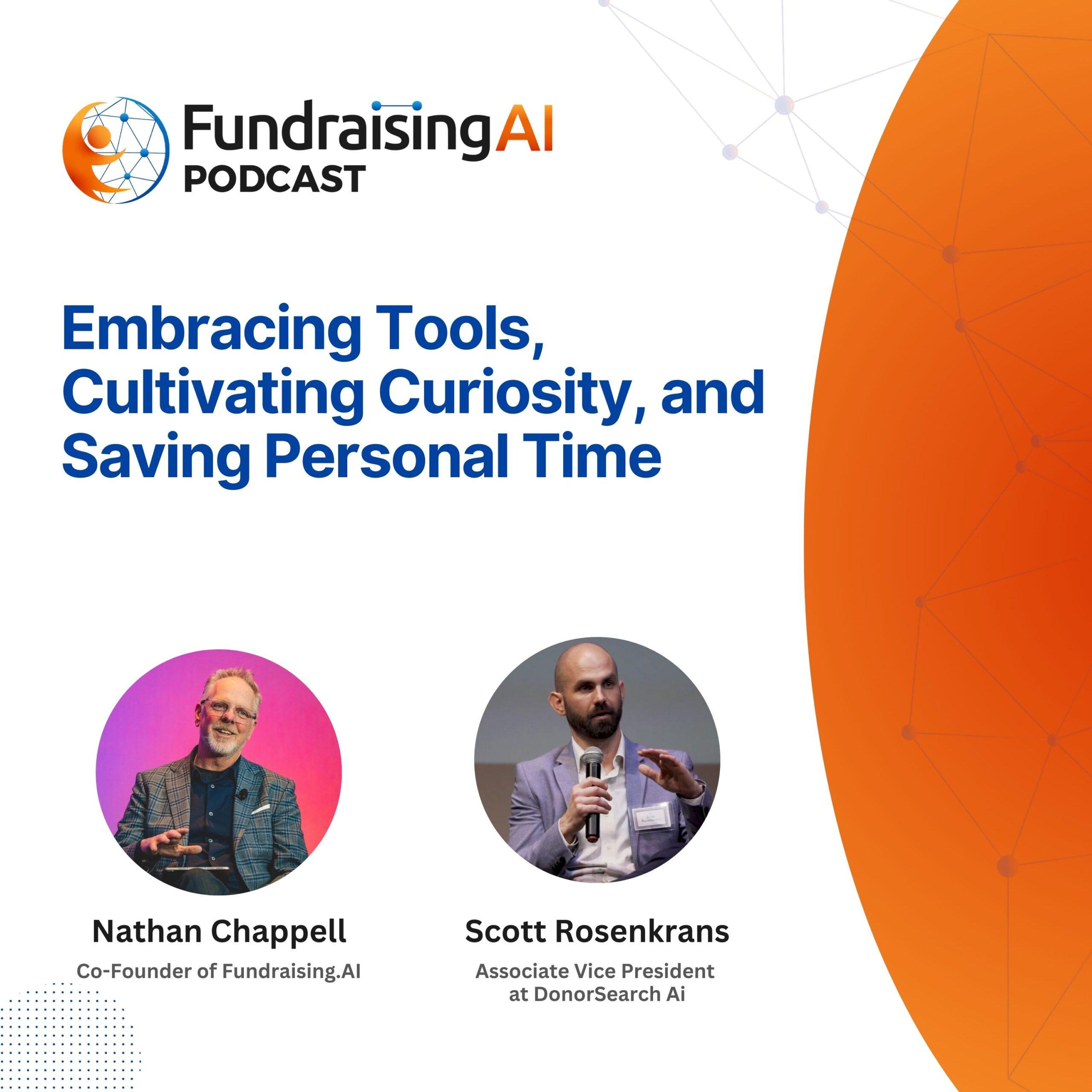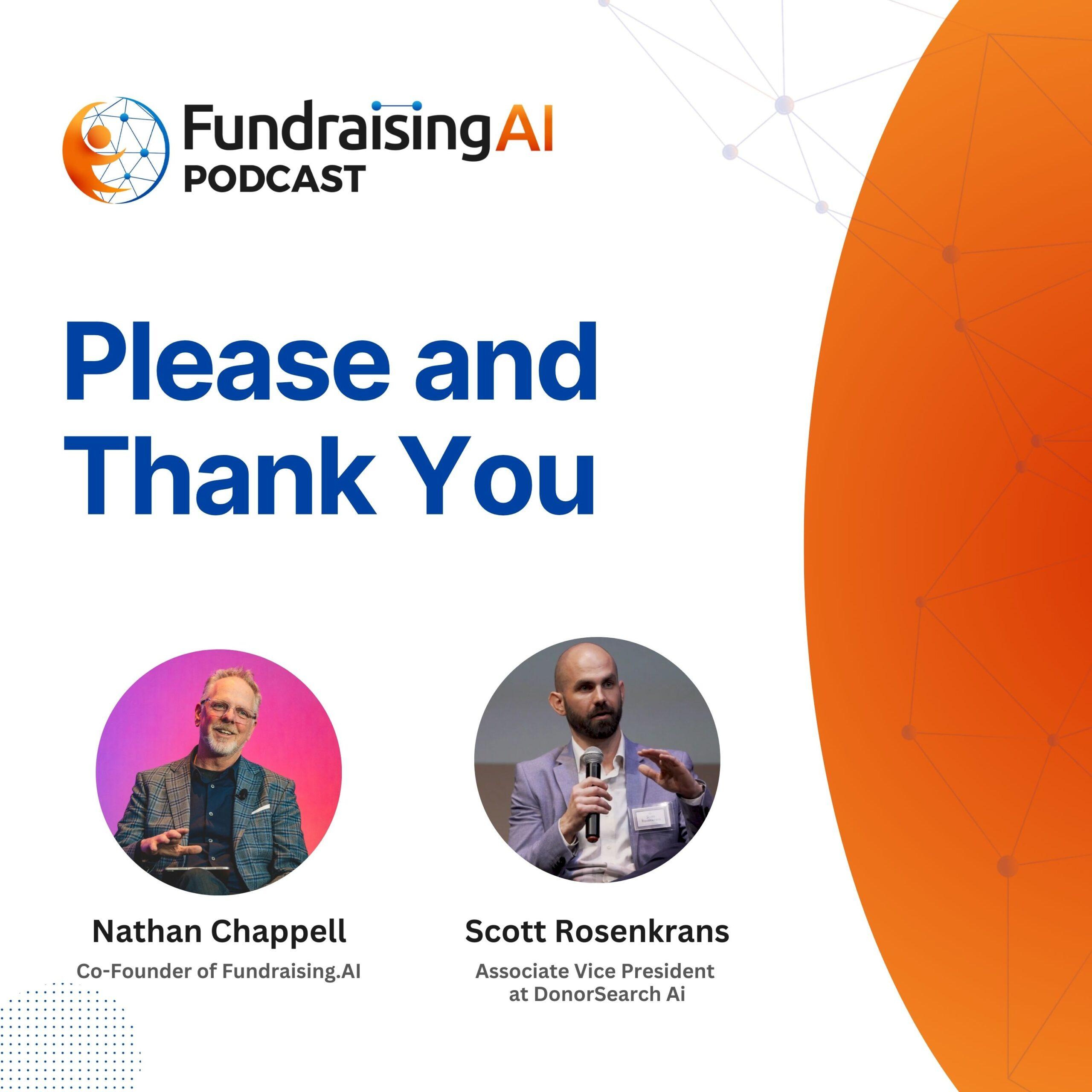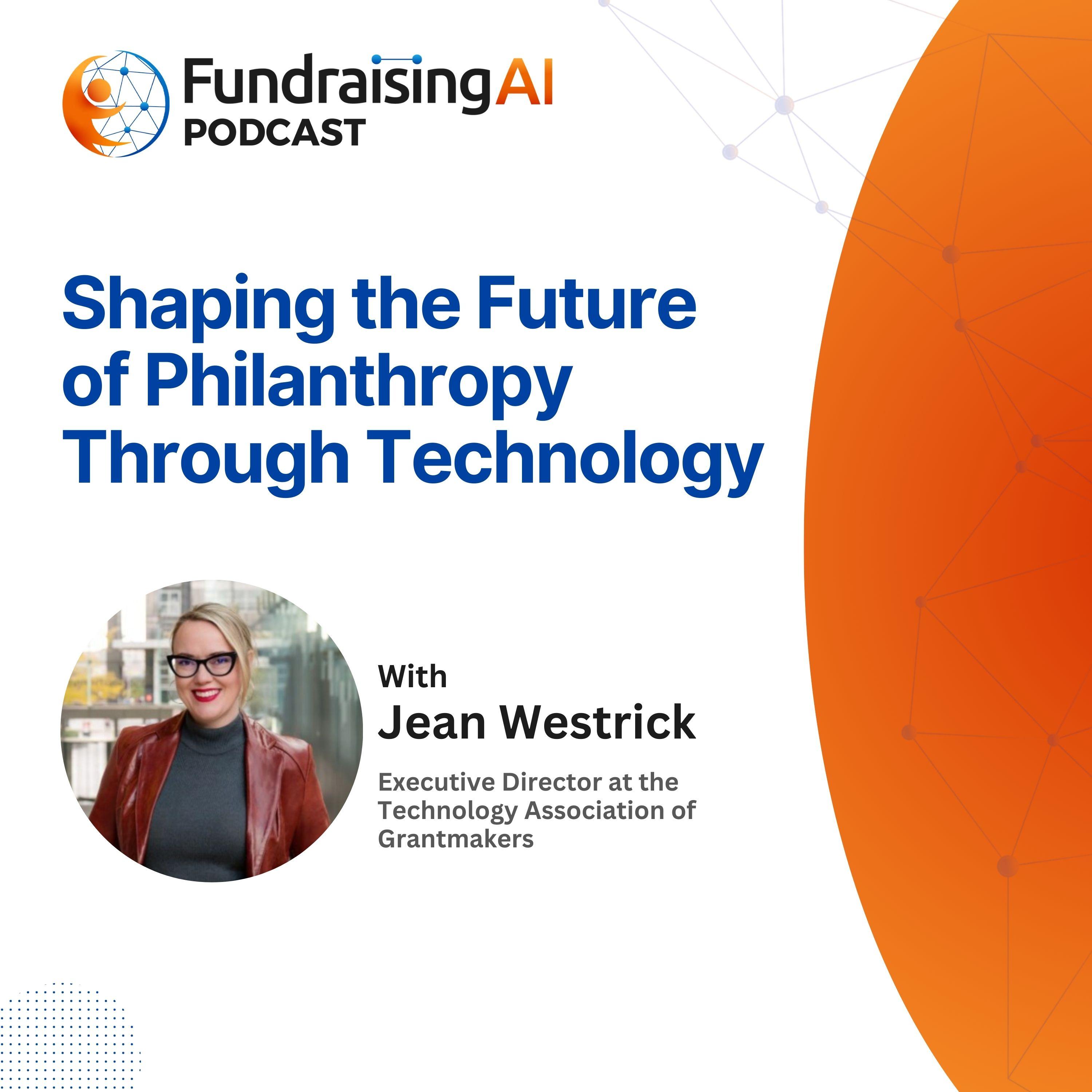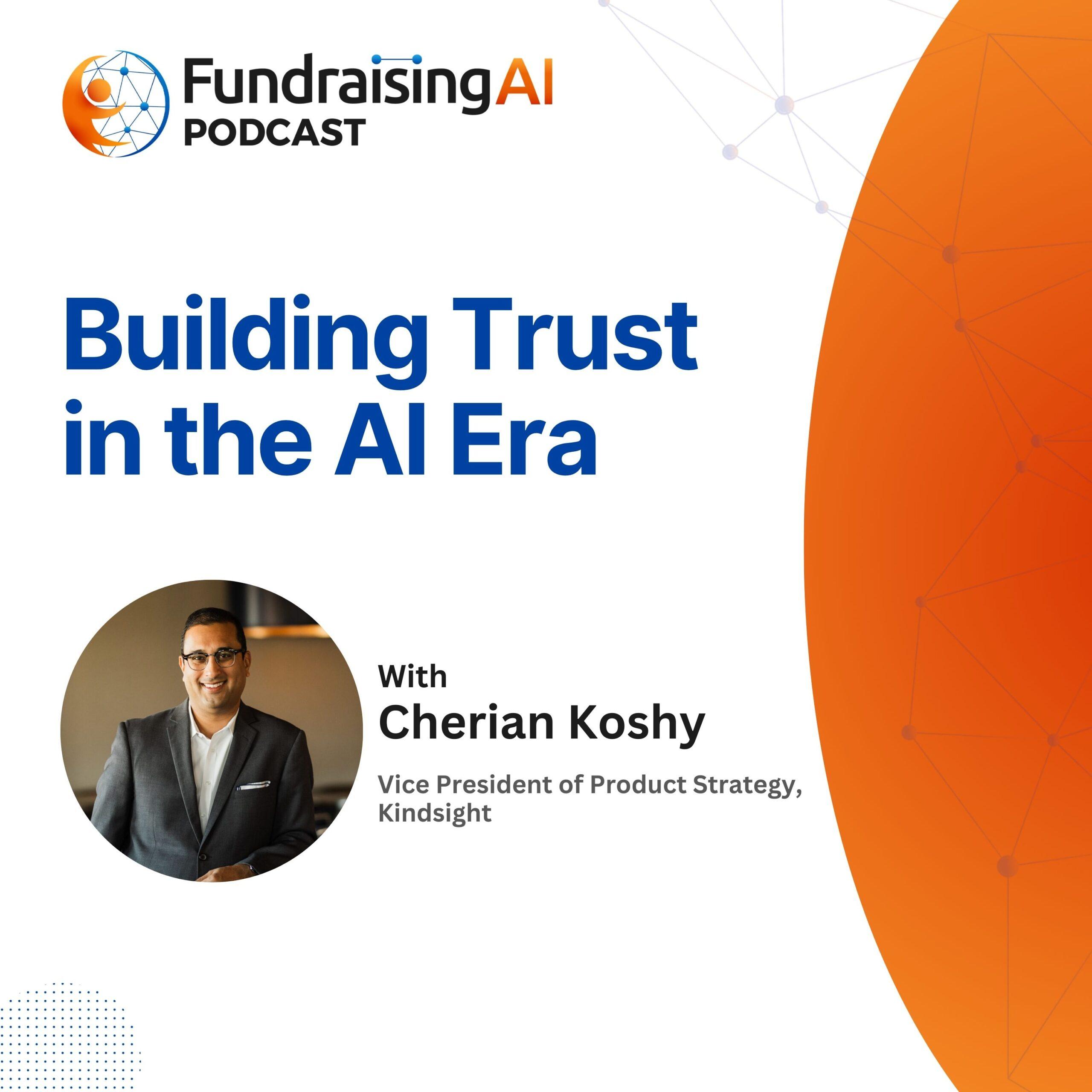Fundraising.AI
Episode 28
Episode 28 - Beyond Donations: How Furniture Bank is Leveraging AI to End Furniture Poverty with Dan Kershaw
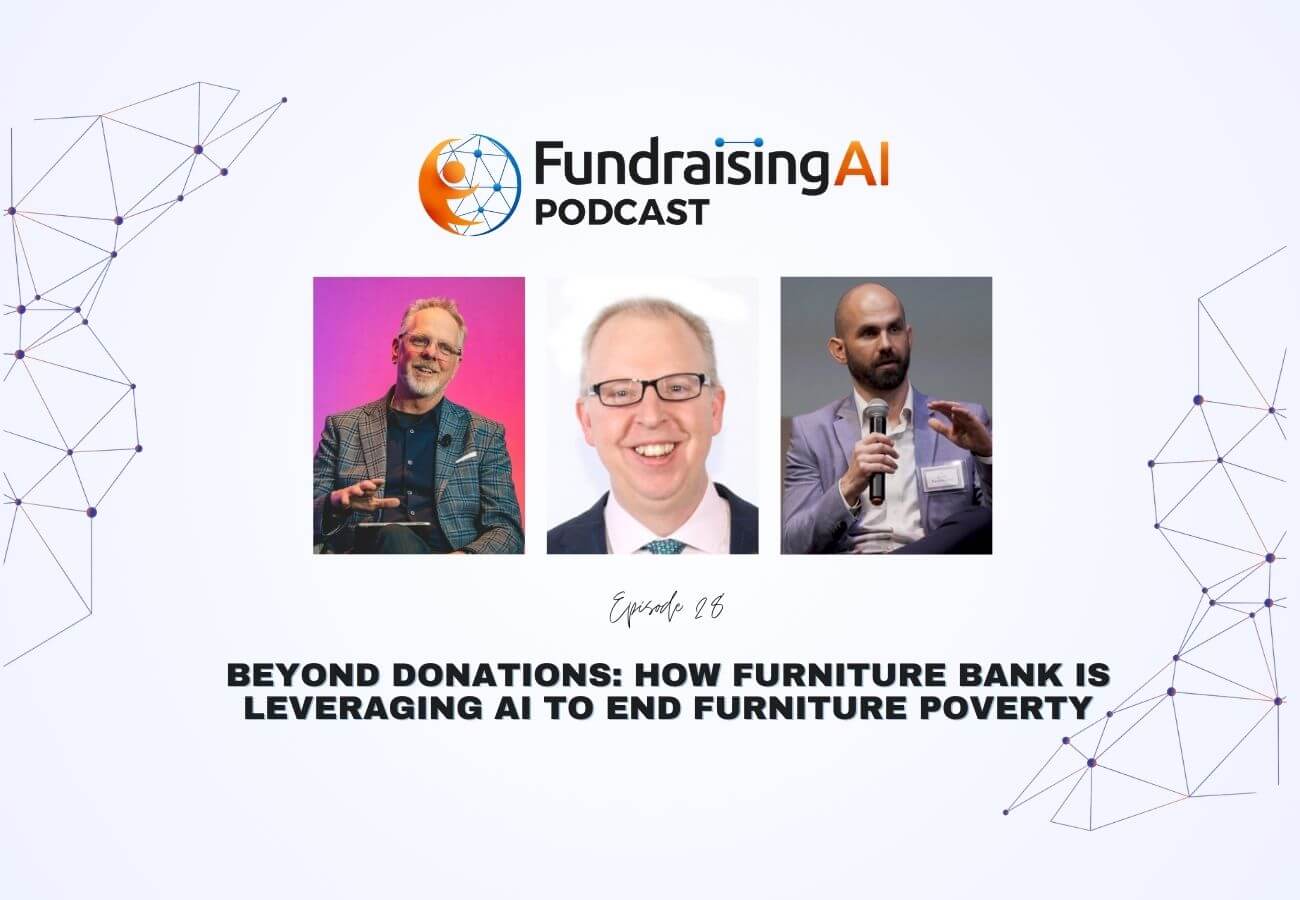
THIS EPISODE IS SPONSORED BY
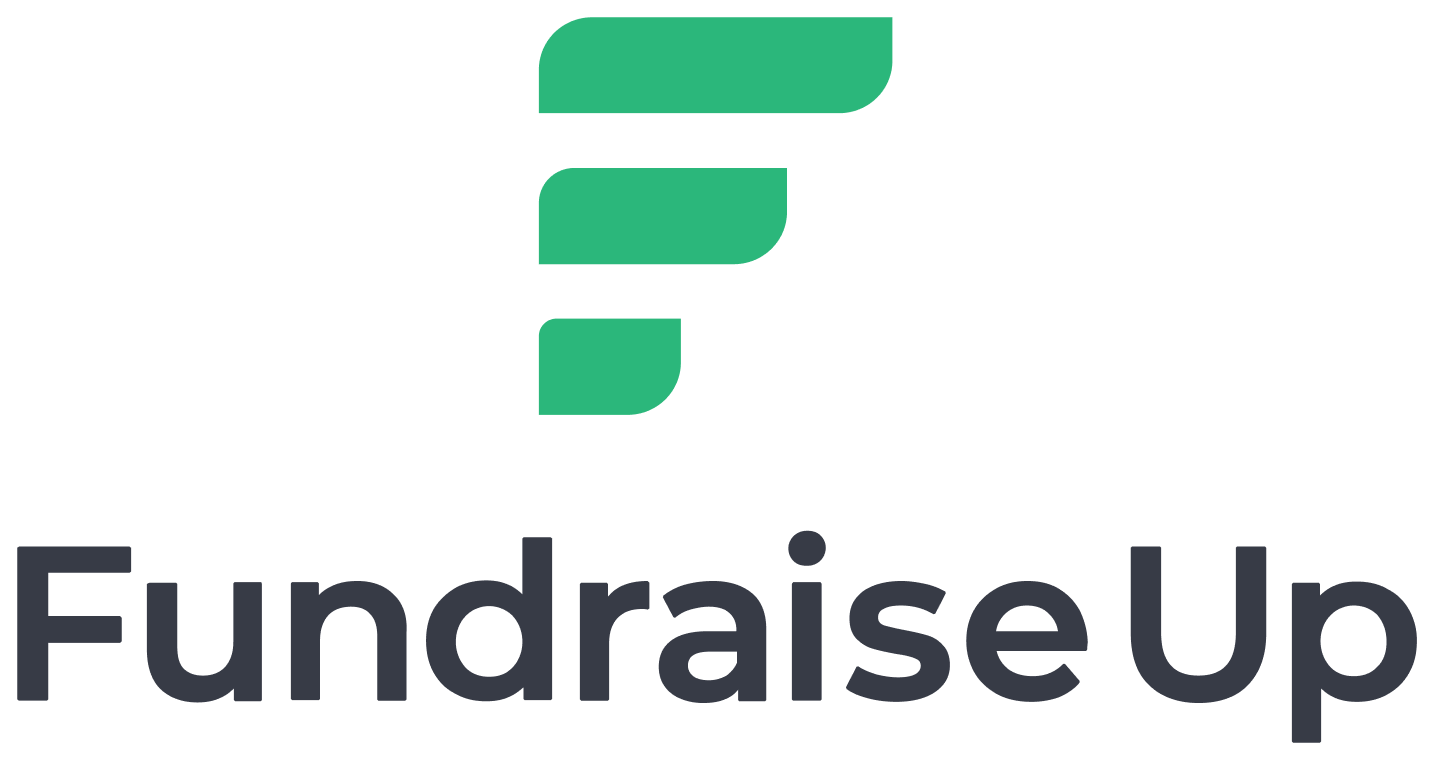
WATCH ON YOUTUBE

Listen To The Episode
OVERVIEW
Some people struggle with things that you may find difficult to believe. Furniture poverty is one of the hidden struggles people face in the USA and Canada. There are a considerable number of people who can barely afford furniture because it’s the third most expensive thing people have to spend their money on. There are a lot of organizations that address this invisible struggle among people, and Furniture Bank is one of them.
Furniture Bank is a charitable organization founded in 1998 whose mission is to end furniture poverty. As a registered charity and a social enterprise, Furniture Bank redistributes gently used furniture and housewares from community donors to families and individuals who are facing furniture poverty. Collaborating with over 150 community agencies, Furniture Bank helps economically vulnerable people such as women and children leaving shelters, the formerly homeless, Indigenous peoples, those dealing with mental health issues, newcomers, refugees, and many others. They help 4000 families every year to receive the goods they need to build the homes they need.
Dan Kershaw is the executive director at Furniture Bank. He first started working with startups, where he learned to get used to constantly changing. He joined the nonprofit sector, where, according to him, he started a career with meaning. Dan joined us today to talk about how generative AI can help improve the work of charitable organizations.
Starting the conversation, Dan explains what a furniture bank is and how an organization like that helps people who struggle with a lack of furniture, along with the social, physical, and mental damages that can happen because of this hidden difficulty. Then Dan explains that AI, as of now, cannot do all the work that is related to furniture but can create a lot of opportunities that they’ve never had before in this sector. He then talks about how AI can be taught to listen to different stories behind donated furniture and help them navigate the process because sometimes furniture holds sentimental value for people.
AI isn’t here to give you the perfect solution immediately. It’s here to help you achieve a great outcome. In this phase of the conversation, Dan shares his thoughts on ethics and policies related to generative AI in different organizations. Furthermore, Dan explains how hard it is to find donors if a charity organization wants to invent an AI internally. He also recommends people use free generative AI models to ask what they know about the issues they are trying to solve as an organization.



EPISODE HIGHLIGHTS
- [01.58] Dan's journey to Furniture Bank.
- [06.36] Social, physical, and mental damages caused by the lack of furnishings.
- [08.16] Dan explains how the Furniture Bank Operates.
- [12.50] Furniture Bank's social enterprise model.
- [14.00] Early stages of digital development at the Furniture Bank.
- [18.29] How can AI be trained to listen to different sentimental moments related to furniture and help people with their donations?
- [25.47] Generative AI, ethics, and company policies.
- [31.04] Dan talks about the Furniture Bank's annual campaign in 2022.
- [36.50] Thought experiment with AI.




TIPS AND TOOLS TO IMPLEMENT TODAY
- AI isn't going to do all the work related to furniture, but it will create opportunities that weren't possible before.
- AI can be trained to help people with their donations by figuring out different sentimental moments related to furniture.
- The start isn't hard. To start, read a book, listen to a podcast, try and experiment, and share with friends in your office.
- After you start your journey, move as fast as your organization is comfortable moving.
- Try to find out what the AI models think of the issues you are having in your organization.
- By embracing technology and innovation, the fundraising sector can greatly benefit from technological innovations to increase efficiency and impact.
- Adopt a startup mindset.
- Be open to experimenting with new technologies and methods to improve processes.
- Use AI to automate repetitive tasks, freeing up staff time for more impactful work.
- Transparent and data-driven impact reports can build trust with donors and stakeholders.



FAVORITE QUOTES
- "Furniture is the third most expensive thing you will ever spend money on in your life and my life." - Dan Kershaw
- "There's a moment in time when everybody's ready for housing. The social, physical, and mental damage that comes when families don't have these assets is tremendous." - Dan Kershaw
- "If everybody has the goods, then they have the opportunity to be successful in the communities in which they live." - Dan Kershaw
- "Each one of us needs AI to work a certain way." - Dan Kershaw
- "It is unethical to talk about ethics in AI until you start to use AI." - Dan Kershaw
- "Pushing AI into tools doesn't make the tool better. You have to make the tool better because you've used AI." - Dan Kershaw
- "Everybody needs their own version of a manifesto." - Dan Kershaw
- "It's not about the magnitude of the money. But the encouragement to be innovative." - Dan Kershaw
- "Our bias is actually just the training. So if our sector collectively prioritizes getting our biases into the training models, there would be a bias, and it would be representative of the social sector that we all collectively care about." - Dan Kershaw
MEET YOUR HOSTS
Nathan Chappell
As a thought leader, public speaker, author and inventor, Nathan is one of the world’s foremost experts on the intersection between Artificial Intelligence and philanthropy. Nathan serves as Senior Vice President of DonorSearch AI, where he leads AI deployments for some of the nation’s largest nonprofit organizations. Nathan’s subject matter expertise has been featured in several publications, including Fast Company, University of Notre Dame and the Association of Healthcare Philanthropy. In 2021, Nathan founded Fundraising.Ai as a member-centric collaboration of nonprofit professionals with a focus on data ethics, data equality, privacy and security, sustainability. Nathan presented the first TEDx on the topic of artificial intelligence and the future of generosity in 2018. Nathan is a member of the Forbes Technology Council and holds a Masters in Nonprofit Administration from University of Notre Dame, an MBA from University of Redlands, a certificate in International Economics from University of Cambridge and a certificate in Artificial Intelligence from MIT.

Scott Rosenkrans
Scott Rosenkrans is the Assistant Vice President of DonorSearch Ai and has been with the organization for three years. He began his journey in the nonprofit sector twelve years ago as a prospect researcher. He quickly became fascinated with data as he noticed the organization that he previously worked for was amassing a wealth of information but was unsure how to efficiently use the data and resources to its full potential. This led him to become interested in predictive modeling and data analytics. During this time, he began to create an immense commitment to delivering tailor-made machine learning models to nonprofits.
The thing that Scott loves most about working for DonorSearch is the ability to prioritize what is best for the client and nonprofit sector above all else. He believes that growth is our most important core value because the DSAi team continuously evolves and brings a unique perspective that provides value to our clients. He stays ahead of industry trends because of his insatiable drive to constantly try out new things.
Favorite nonprofit: Shriner’s Children Hospital because of their extreme commitment to providing exceptional medical care, while also alleviating the financial burdens on families.
